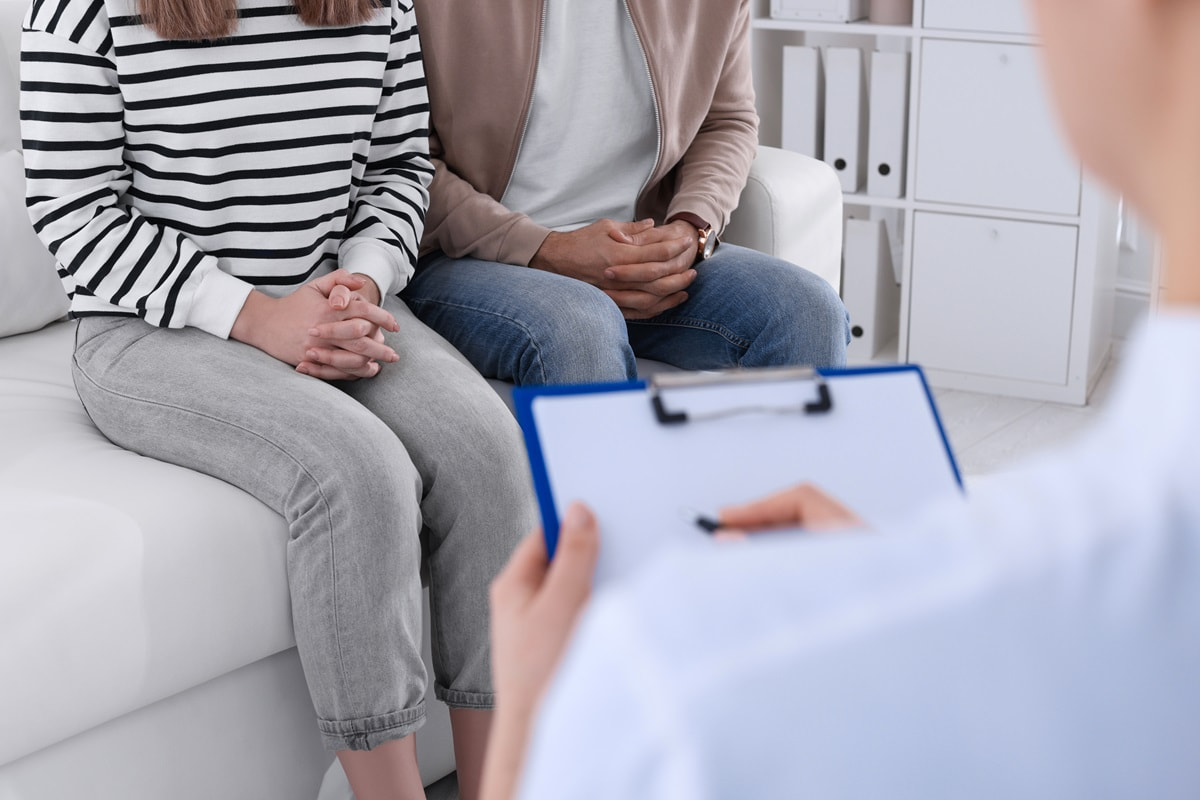The UK's Most Common STI
Chlamydia is the most frequently diagnosed sexually transmitted infection in the UK, with over 150,000 cases reported annually. Yet the true number is likely much higher – because chlamydia is notorious for causing no symptoms.
That's why it's often called "the silent infection." You could have it for months or years without knowing, all while it quietly causes damage and spreads to partners.
What Is Chlamydia?
Chlamydia is a bacterial infection caused by *Chlamydia trachomatis*. It can infect:
- The urethra (urine tube)
- The cervix
- The rectum
- The throat
- The eyes (rare)
It's easily transmitted through unprotected sexual contact and can affect anyone who is sexually active.
How Chlamydia Spreads
Transmission Routes
- Unprotected vaginal sex
- Unprotected anal sex
- Unprotected oral sex (less common)
- Sharing sex toys without cleaning or condom use
- From mother to baby during childbirth
What Doesn't Spread Chlamydia
- Toilet seats
- Sharing towels or clothes
- Swimming pools
- Hugging, kissing, or casual contact
The Silent Nature of Chlamydia
The most important thing to understand about chlamydia is that most people have no symptoms:
- 70-80% of women with chlamydia have no symptoms
- 50% of men with chlamydia have no symptoms
- Throat and rectal infections are usually asymptomatic
This is why routine screening is so important – you cannot rely on symptoms to tell you if you're infected.
Symptoms When They Occur
In Women
When symptoms do occur, they may include:
- Unusual vaginal discharge
- Bleeding between periods
- Bleeding after sex
- Pain when urinating
- Lower abdominal pain
- Pain during sex
In Men
- Discharge from the penis (clear or cloudy)
- Pain or burning when urinating
- Pain or swelling in the testicles (less common)
- Discomfort in the urethra
Rectal Infection
- Discharge from the rectum
- Pain or discomfort
- Bleeding
- Often no symptoms at all
Throat Infection
- Usually no symptoms
- Occasionally sore throat
Complications of Untreated Chlamydia
Left untreated, chlamydia can cause serious health problems:
In Women
Pelvic Inflammatory Disease (PID)
- Infection spreads to the uterus, fallopian tubes, and ovaries
- Affects up to 40% of women with untreated chlamydia
- Causes:
- Chronic pelvic pain
- Painful periods
- Pain during sex
Infertility
- PID can cause scarring of the fallopian tubes
- Eggs cannot reach the uterus
- A major cause of preventable infertility
Ectopic Pregnancy
- Fertilised egg implants outside the uterus (usually in fallopian tube)
- Life-threatening medical emergency
- Risk increased by tube scarring from PID
In Men
Epididymitis
- Infection and swelling of the epididymis (tube storing sperm)
- Causes testicular pain and swelling
- Can affect fertility if untreated
Reactive Arthritis
- Rare complication
- Joint pain and inflammation
- Can affect eyes and urethra too
In Pregnancy
Risks to Baby
- Premature birth
- Low birth weight
- Conjunctivitis (eye infection) in newborn
- Pneumonia in newborn
Pregnant women are routinely offered chlamydia screening.
HIV Risk
Having chlamydia increases susceptibility to HIV if exposed – another reason to test and treat promptly.
Who Should Get Tested?
National Chlamydia Screening Programme (NCSP)
The UK recommends annual chlamydia screening for:
- All sexually active people under 25
- Anyone who changes sexual partners
Also Test If You Have:
- Symptoms suggesting an STI
- A partner who has tested positive
- Had unprotected sex with a new partner
- Multiple sexual partners
Testing Is Especially Important Because
- Most infections are asymptomatic
- Complications can be prevented with early treatment
- You can protect partners from infection
How Chlamydia Testing Works
The Test
- Simple urine sample (for men and some situations in women)
- Vaginal swab (can be self-taken)
- Rectal or throat swab if indicated by sexual history
The test looks for chlamydia DNA using nucleic acid amplification testing (NAAT).
Where to Get Tested
- Sexual health clinics (free and confidential)
- GP surgeries
- Pharmacies offering testing
- Online home testing kits
- University health services
When to Test
- From 2 weeks after potential exposure
- Testing earlier may miss recent infections
Results
- Usually within a few days to 2 weeks
- You'll be contacted if positive
- Some services only contact you if positive (check their policy)
Treatment for Chlamydia
Standard Treatment
Chlamydia is easily cured with antibiotics:
Doxycycline (first choice)
- 100mg twice daily for 7 days
- More effective than single-dose treatments
- Avoid in pregnancy
Azithromycin (alternative)
- 1g single dose followed by 500mg daily for 2 days
- Or other regimens as prescribed
- Can be used in pregnancy
Important Points
- Complete the full course – even if symptoms improve
- Avoid sex for 7 days after treatment (both you and your partner)
- Avoid alcohol with certain antibiotics – check with your pharmacist
- Re-infection is possible – use protection with future partners
Partner Treatment
- All sexual partners from the past 6 months should be notified
- They need testing and treatment even without symptoms
- Don't have sex until both of you have completed treatment
Do I Need a Test of Cure?
Generally not required for uncomplicated chlamydia if you complete treatment properly. However, recommended if:
- Pregnant
- Symptoms persist
- You may have been re-exposed
Re-Testing
- Repeat testing at 3 months is recommended
- Re-infection is common if partners aren't treated
- Ensures the infection hasn't returned
Prevention
Consistent Condom Use
- Highly effective at preventing chlamydia
- Use for vaginal, anal, and oral sex
- Correct use every time with new or casual partners
Regular Screening
- Annual testing if under 25 and sexually active
- Testing with each new partner
- Testing if your partner has other partners
Communication
- Talk to partners about testing
- Get tested together before stopping condom use
- No stigma – it's responsible behaviour
Limiting Partners
- Fewer partners means lower exposure risk
- Quality over quantity in terms of protection
Common Questions
Can I get chlamydia from oral sex?
Yes, though it's less common than genital transmission. Chlamydia can infect the throat, though throat infections are usually asymptomatic.
How did I get chlamydia if my partner tested negative?
- They may have been tested too early (during window period)
- Tests aren't 100% sensitive
- You may have had chlamydia from a previous partner (it can persist for months/years)
- Re-testing may be needed
Can chlamydia come back after treatment?
The treatment cures the infection, but you can be re-infected through sex with an untreated partner or a new partner who has chlamydia.
Is chlamydia only an STI?
While most chlamydia transmission is sexual, babies can be infected during childbirth. The same bacteria can also cause eye infections (trachoma) in different contexts globally.
The Bottom Line
Chlamydia is extremely common, usually silent, and potentially harmful – but easily tested for and cured. Don't assume you don't have it because you feel fine. Regular testing, especially if you're under 25 or have new partners, is the responsible approach.
Get Tested Today
A simple test could protect your fertility and your health. Our confidential chlamydia testing is quick and straightforward. Book your test now.
Get Tested Today
Take control of your sexual health with our confidential, comprehensive STI testing services.
Share this article:



